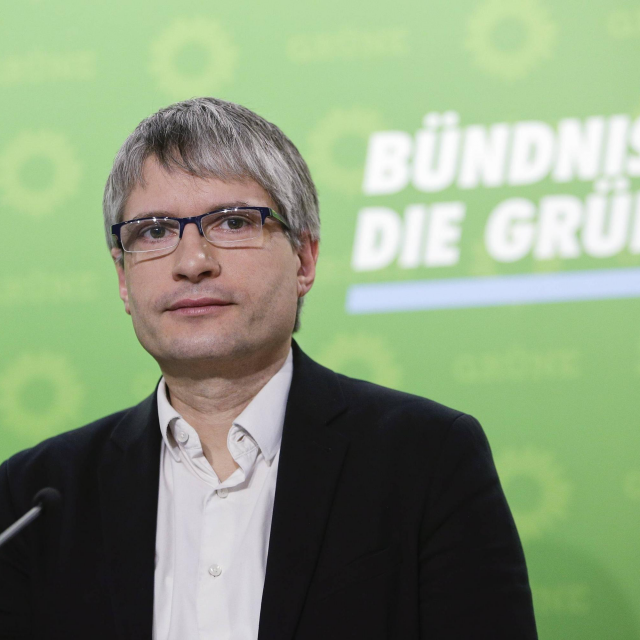Photo by Kjartan Einarsson on Unsplash
A statement published on 6 July by the European Food Safety Authority (EFSA) concluded that glyphosate, the most widely used herbicide on the planet, reportedly does not pose unacceptable risks for human health, despite independent scientific evidence to the contrary.
This statement, according to the Health and Environment Alliance (HEAL), could constitute a critical step towards a proposal for renewal by the European Commission later in the fall.
HEAL says that, according to EFSA, no critical areas of concern were identified for humans, animals or the environment during the peer-review of the glyphosate renewal assessment report.
But at the same date HEAL says the agency “identifies data gaps in relation to the assessment of one impurity of the substance, the consumer dietary risk assessment, and the assessment of risks to aquatic systems.”
HEAL says these “are left up for consideration by the European Commission and Member States at a later stage.”
Natacha Cingotti, Health and Chemicals Programme Lead at the Health and Environment Alliance (HEAL), said, “When it comes to health effects, robust scientific evidence overwhelmingly supports concerns about glyphosate’s carcinogenic potential as well as other impacts for human development, or the reproductive system – some of them with the ability to be transmitted across generations.”
Cingotti added, “EFSA stating an absence of unacceptable risks is concerning, especially if the authority has identified data gaps in the dossier preventing firm conclusions regarding the risk assessment of representative uses of glyphosate-based products.”
EFSA’s full opinion will only be made publicly available at the end of July and further background documents will be released by the autumn.
Based on the current evidence publicly available, HEAL said it remains concerned about the long-term impacts of glyphosate for health and urges the European Commission and Member States to propose a ban of the substance as soon as possible.




